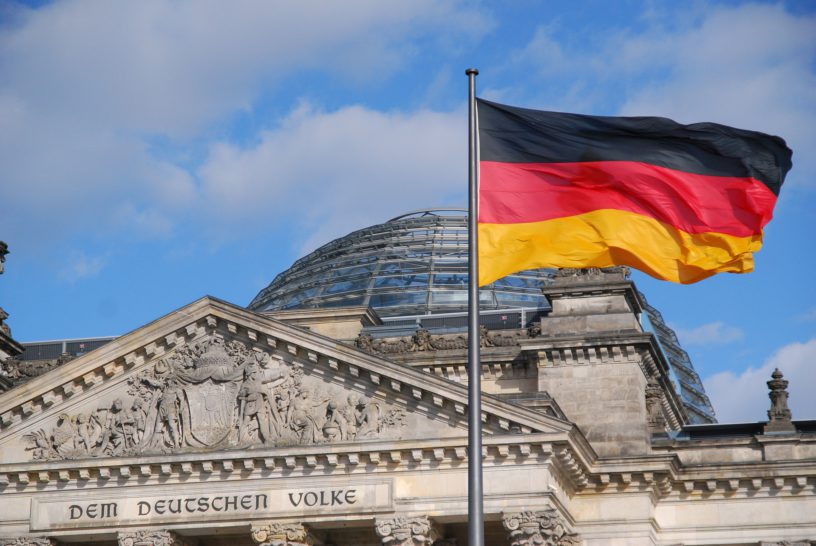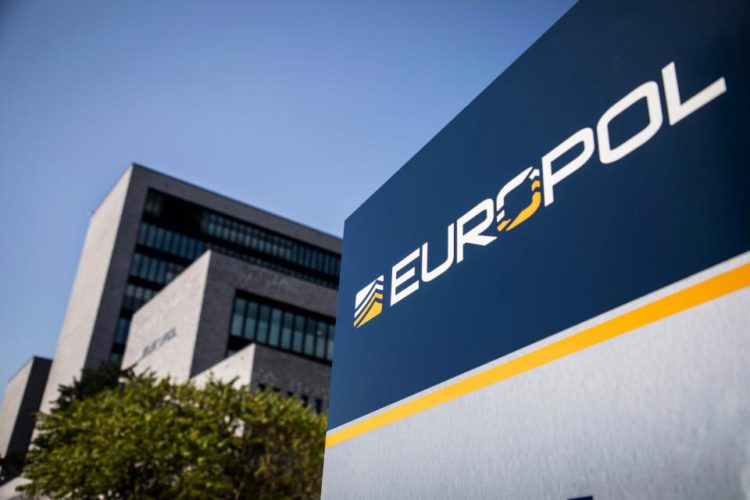By Elizabeth Hearst
Suspected cases of money laundering and terrorist financing soared by 50pc in Germany in 2019, according to Germany’s Financial Intelligence Unit.
The anti-money laundering unit recorded 114,914 suspected cases of money laundering and financing of terrorism, a jump of almost 50pc on 2018 totals, as reported by Berlin’s Tagesspiegel newspaper.
The Financial Intelligence Unit’s (2019) annual report was released early to the paper and shows that the majority of the cases were from German banks and other financial institutions, in conjunction with notaries and real estate agents and were associated with 355,000 suspicious transactions, according to Deutsche Welle.
Speaking to Tagesspiegel the head of the FIU, Christof Schulte said: “One problem for us is that the prosecution of money laundering in Germany isn’t traditionally well established”.
The 2018 report by the FIU reported 77,000 cases of money laundering and detailed that there was an “extreme vulnerability” in Germany’s real estate market.
In an attempt to crack down on money laundering and to bring the country in line with EU directives, German legislators passed numerous anti-money laundering measures in November. The legislation included more stringent regulations on real estate agents to report suspicious transactions.
The legislation was introduced after it emerged that €30 Billion of illicit funds were siphoned into German real estate in 2017. Anti-corruption group Transparency International revealed that criminal networks including members of the Italian Mafia had used existing legal loopholes in Germany to launder money through properties.
The organisation estimates that 15-30pc of all proceeds from criminality are subsequently invested into property, through building and renovating or buying, selling and renting.











